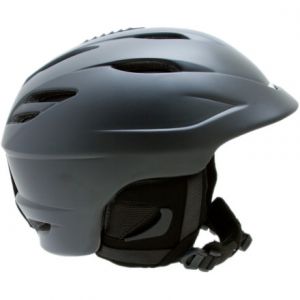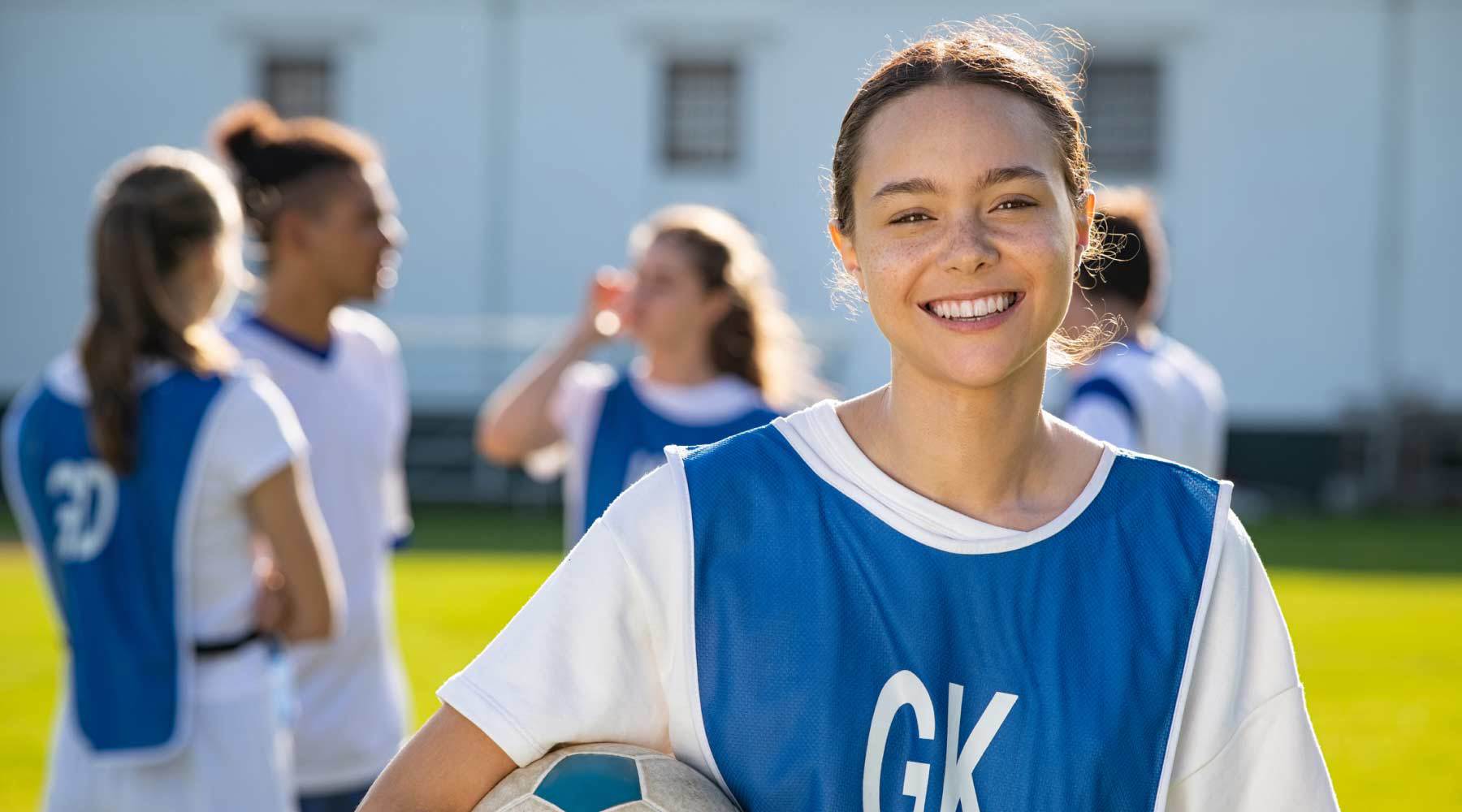Portsmouth, NH – Winter in New England brings with it beautiful weather for winter sports enthusiasts, the snow and cold temperatures are a winter sports lover’s dream. Whether you are an avid snowboarder, an alpine or cross country skier, or a snow-mobile rider, this time of year can be filled with outdoor fun.
It is difficult to watch the news or a sports recap in the recent months without hearing about another head injury or an athlete suffering from a concussion. The sports and medical communities are quickly coming together to realize that head injuries are a major problem and they must be taken seriously. For example: Boston Bruins center Mark Savard was forced to retire because of multiple concussions over a short period of time and one of the league’s biggest stars, Sidney Crosby may face the same fate. The National Football League has taken measures to crack down on intentional hits to the head of defenseless opponents following a string of devastating hits and injuries. It is likely that you may even know someone who has had a concussion and has had lingering symptoms.
All of the recent discussions and increased public awareness have helped to educate us to make sure that we are protecting our best asset, our brain. Football seems obvious, but as we glide through the winter season and prepare to hit the slopes during our school vacations, we should all be considering the other sports for which helmet use should be an essential part of our mountain gear. Wearing a helmet should become as routine as wearing a coat and gloves to protect ourselves and our loved ones from potential head injuries.
The importance of wearing helmets while on the slopes or on the ice cannot be accentuated enough. Over the years, numerous high profile ski accidents and resultant deaths in celebrities have raised awareness about the dangers of winter sports. In many cases a helmet most certainly would have offered at least some protection and could have prevented a serious injury. Skiing or snowboarding and most winter sports rely on ice and snow to facilitate movement. This movement with minimal resistance and friction increases our normal speed and results in a greater potential for losing control. Even if it is just sliding across the ice on the back pond or falling while taking snowboard lessons on the bunny hill, the head is vulnerable to significant impact. Generally, there is a misconception that only major impacts can cause serious head injury, but even a minor bang to the head can sometimes cause a serious concussion or brain injury.
 Many experienced skiers believe that they do not need to wear a helmet because they “never fall” or are at a decreased risk due to their skill level. Beginners argue that they go too slow to have enough force to sustain a head injury. But studies by the American Academy of Orthopaedic Surgeons (AAOS) indicate that most injuries occur in beginners AND in very experienced skiers going at high speeds.
Many experienced skiers believe that they do not need to wear a helmet because they “never fall” or are at a decreased risk due to their skill level. Beginners argue that they go too slow to have enough force to sustain a head injury. But studies by the American Academy of Orthopaedic Surgeons (AAOS) indicate that most injuries occur in beginners AND in very experienced skiers going at high speeds.
The purpose of the helmet is to protect the head by absorbing the force of an impact and to dissipate the energy so that the head does not sustain the total force of the blow. While helmets do not decrease the risk of injury, they can decrease the severity. American standards for helmets show that ones with a rating of RS-98 from the Snell Memorial Foundation of the American National Standards Institute (ANSI) have the highest level of protection in all tested areas of impact. Unfortunately, it is almost impossible to anticipate all types of impact, and even the best manufactured helmets will not protect everyone from all types of injuries. The AAOS states that more than 40% of skiing or snowboarding related head injuries could have been prevented or minimized with helmet use.
So the take home message is to have fun, get out there and enjoy the winter weather and beauty that we are fortunate to experience as New Englanders! But make helmet use routine for yourself and for your family. We cannot take away all of the risk from winter sports, but by wearing a helmet we can hopefully prevent serious injury.


